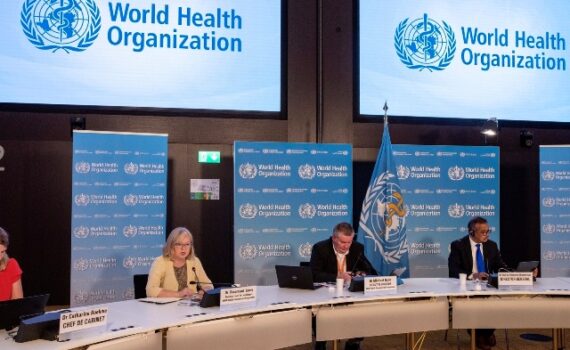
Monkeypox: WHO wants to change the name of the disease
The World Health Organisation (WHO) is asking for suggestions for new names for monkeypox

The World Health Organisation (WHO) is asking for suggestions for new names for monkeypox
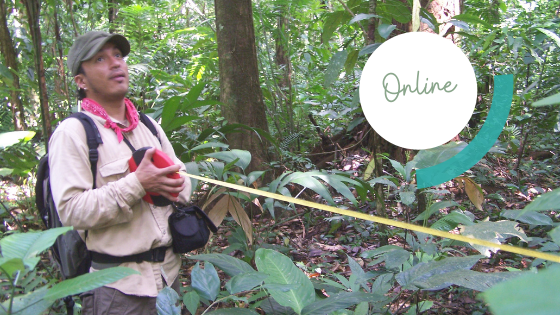
Online course, 4th edition
Have you ever imagined what it would be like to be in the hot, exuberant rainforest studying monkeys? This course is aimed at anyone who wants to learn about the challenges and risks involved in studying primates in tropical rainforests, as well as the skills and competencies and best practices for their study.
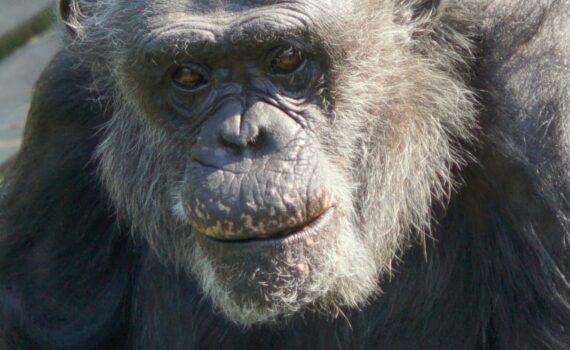
Fundación MONA has just taken in a new inhabitant. He is Hugo, an adult chimpanzee with psychological problems.
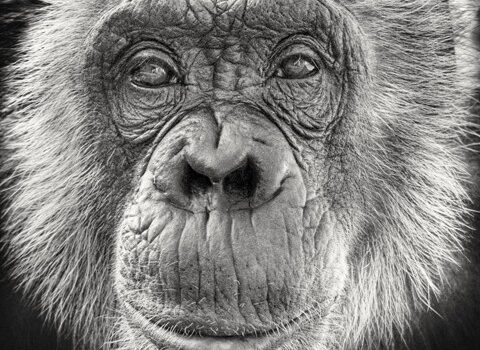
In the spring of 2012, Bea arrived at MONA.
Exactly 10 years later, she said goodbye to us.

More and more cases of monkeypox are being detected in our country.
As a centre specialised in primates (monkeys), we are receiving enquiries from concerned people. Should we be?
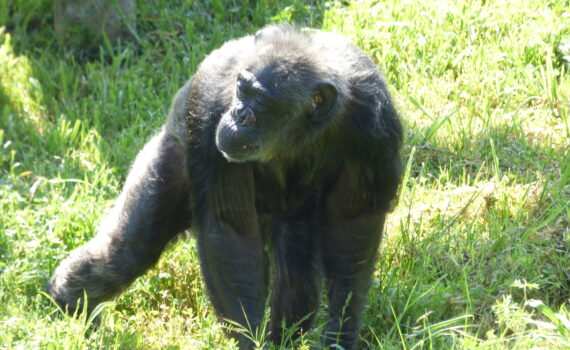
A few days ago Suzie had access to the great outdoor enclosure for the first time. And guess how she reacted?
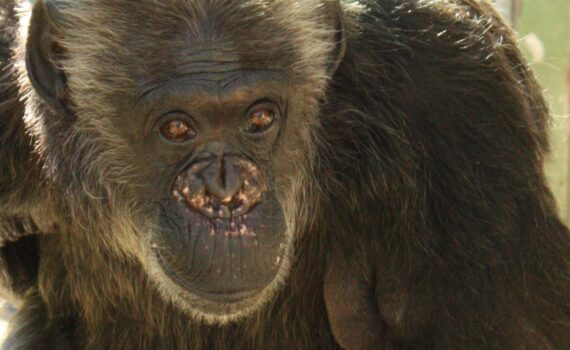
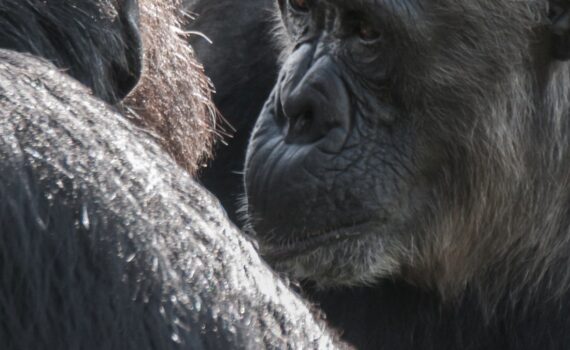
Bea suffers from a chronic cardiopulmonary disease and has spent a few days a bit tired and dizzy. Seeing her like this breaks our souls, but her companions have once again given us a life lesson.
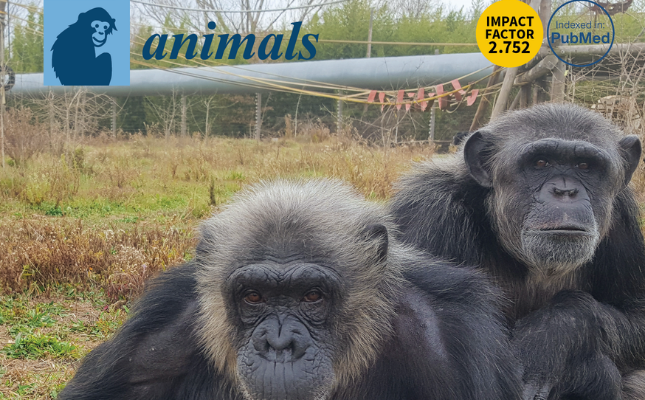
It is very rare to obtain behavioural data on chimpanzees 17 years apart. But it is even more exceptional to obtain data while the chimpanzees are living in a private home.
That is why our latest scientific paper “Behavioural development of former pet chimpanzees, a decade after their arrival at the MONA Sanctuary”, is on the cover of the International Journal “Animals”.
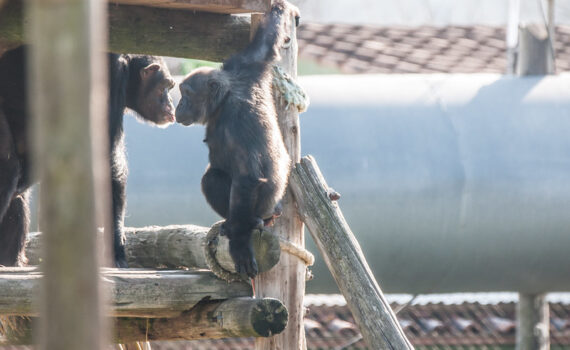
Discover the new monitoring systems we have to improve our primates lives.
Be part of the solution for these animals today